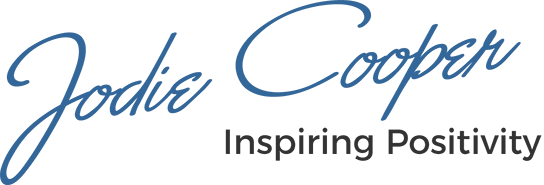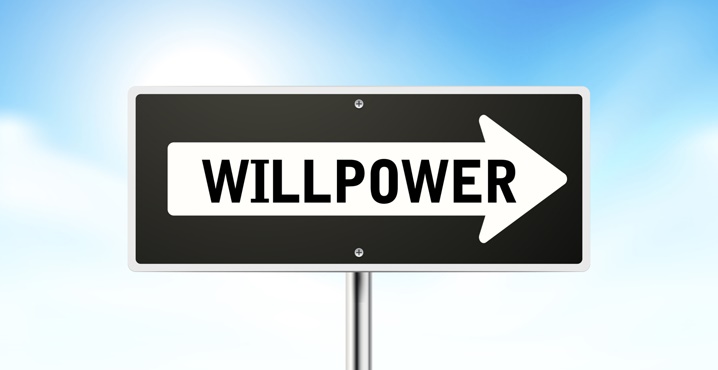Recently I’ve been reading Roy Baumeister’s book ‘Will Power’ and it’s information is critical to anyone that’s trying to improve their lives, and I think that’s pretty much all of us! I created a workshop around ‘wise up to willpower’ based on his book and other new info I’ve come across, here are the key pieces:
1. Mindfulness will help you manage your mind, focus on the present moment and let go of things that you can’t control. This allows you to manage your emotions and have your cortex (where willpower sits in your brain) fully functioning.
2. The process of success is derived by: Thoughts – lead to emotions, Emotions – lead to actions, Actions – lead to results. The new part I’ve picked up is that unless you’re conscious of this process, your emotions will actually drive all of your actions and behaviour. Only when you’re being mindful and conscious can you begin to drive your emotions in a positive direction with gentle and compassionate redirection.
3. Willpower sits in the front part of your brain called the cortex and is responsible for three things. 1. Making decisions (what to have for breakfast) 2. Taking action (go for a walk) 3. Avoiding things (Don’t eat that cake!) Interestingly, willpower is a limited resource and if you’ve had to choose 1 of 57 choices for breakfast, it’s likely that your willpower will be depleted for the rest of the day!
4. When the brain is low on glucose (your body’s fuel), sleep, or is being fed negative emotions (which release cortisol and adrenaline) the cortex begins to shut down, which means willpower becomes unavailable. Now it makes sense why starving yourself never worked.
5. Self awareness leads us to work towards being better people and also recognising when we’re off track and self compassion allows us to be kind to ourselves which is both motivating and supportive, again helping us to become better people. Being able to recognise our successes and acknowledge positives in our lives leads to more positive emotion (and more positive chemicals in our brains.)
6. There are 4 big chemicals that will help your cortex (the thinking part of your brain) to work at optimum efficiency. They are Dopamine, Serotonin, Oxytocin and Endorphins. Essentially Dopamine is a feeling of success, Serotinin comes with a feeling of being important and accepted, Oxytocin is the result of feeling a deep connection with another person and Endorphins is our bodies natural high. Endorphins are released with exercise or anything new, exciting or adventurous.
7. We need positive emotions to help us think with a broader perspective, take more positive action and as a result build lasting social, Intellectual, physical and psychological resources. Then we feel great, think more, do more and the cycle continues, in positive psychology we call this flourishing.
8. Your behavior is only represents 10% of you, just like an ice burg.
Under the surface of the water your emotions drive everything you do, and your emotions are a result of millions of factors for example your mood, family, experiences, work, friends and family, activities, the weather, values, DNA, politics, health and of course your thoughts. It’s important to remember that we only ever see the top 10% of the ice burg, it’s a good time to remember compassion (rather than judgement) is the key to building relationships.
8. Here are some of the key ways you can implement this information:
- Remember that building a new habit takes 45 days, be compassionate to yourself while your working on it.
- Be compassionate to everyone you meet, for we all have our ice burgs!
- Focus on one thing at a time and save up your willpower for the big things!
- If you can create a 20 second gap between your automatic behavior and your desired behavior, it’s enough to induce conscious thought and make positive choices. IE, Freeze your credit card to curb impulse buying or sleep in your gym gear to make sure you go for that run first thing.
- Go for the quick wins, small intentions build self esteem, while big goals often reduce it. Set daily intentions instead and celebrate each small success.
There’s a massive amount of information here and in future blogs I’ll start to expand and and link it all together for you. In the meanwhile if you have any questions be sure to ask.






